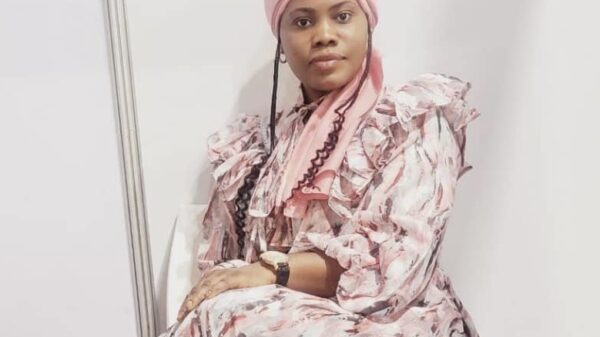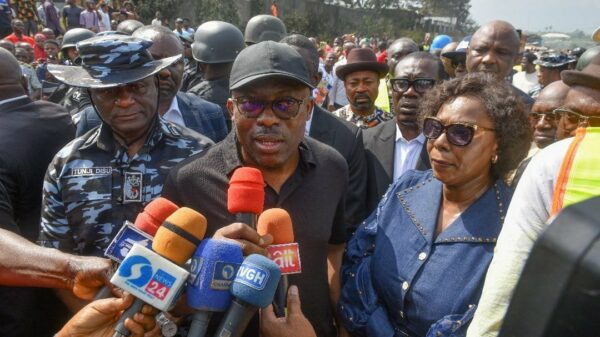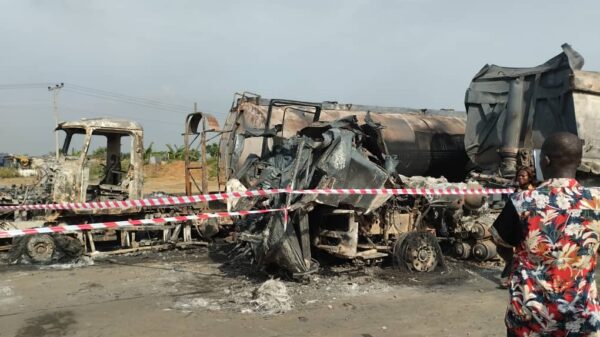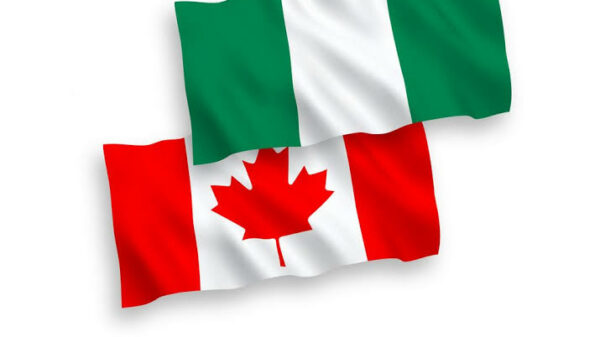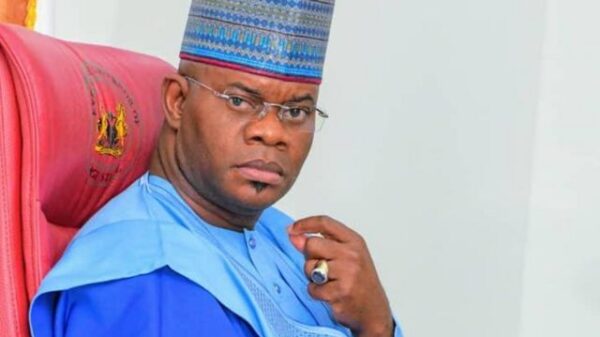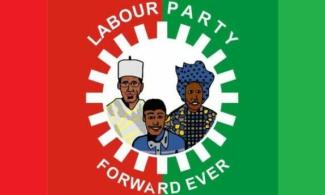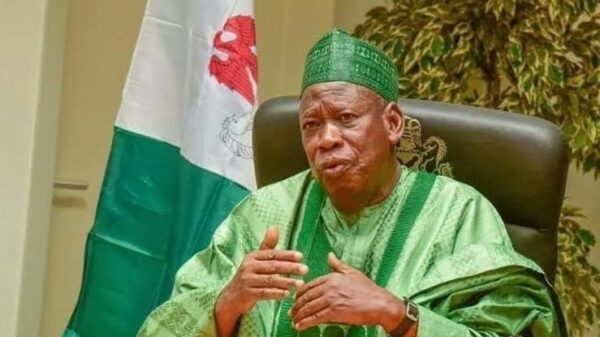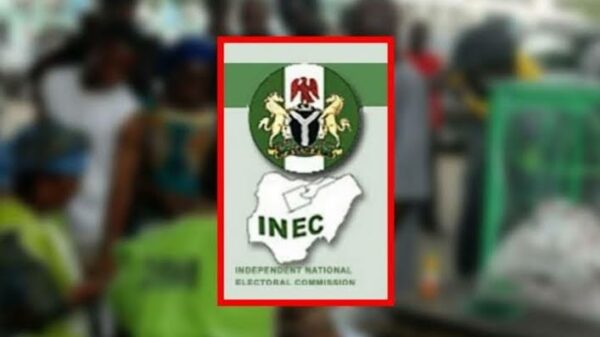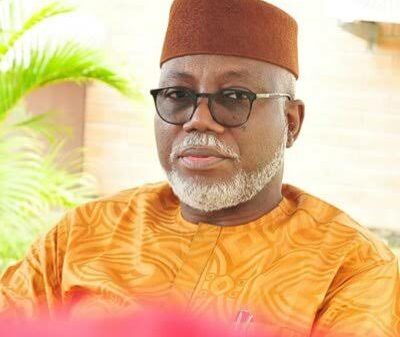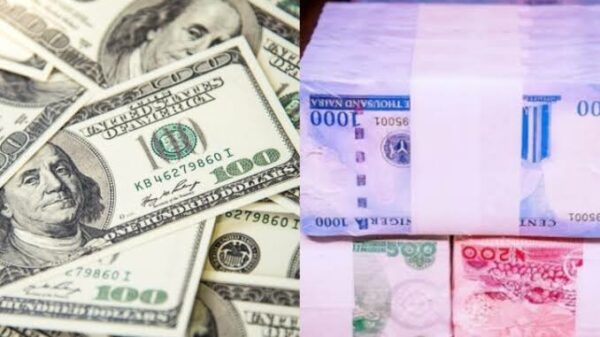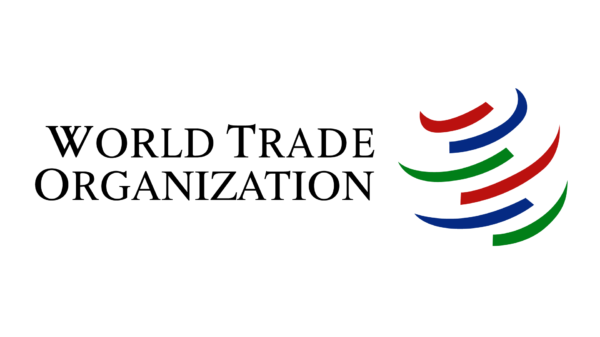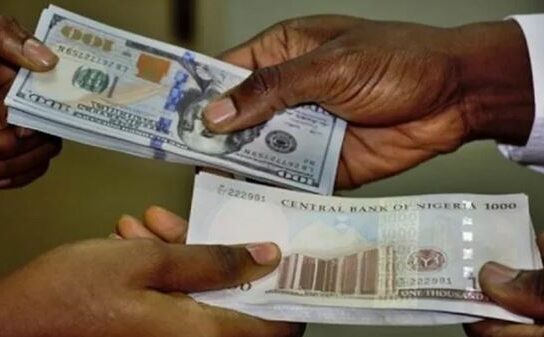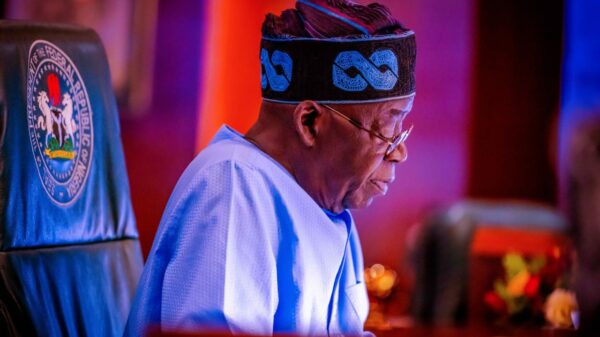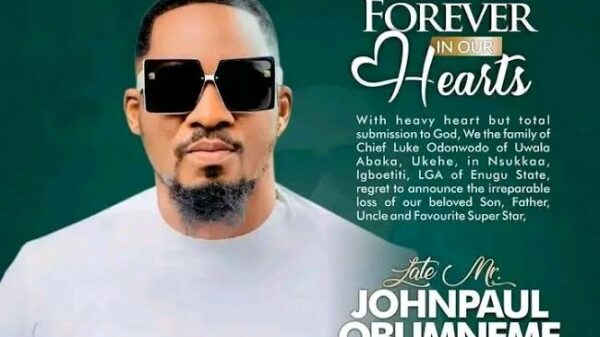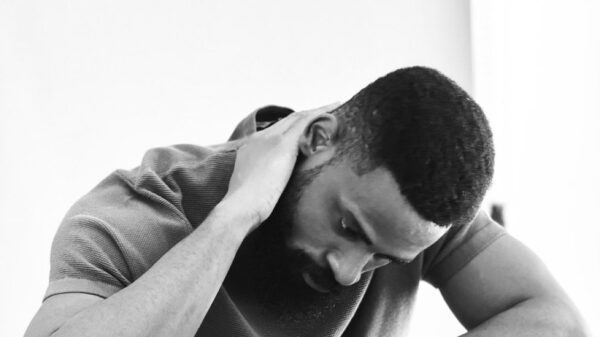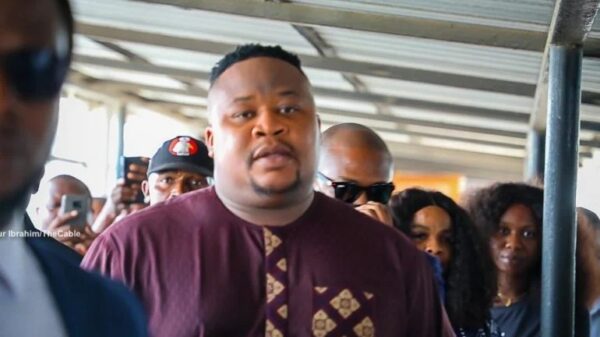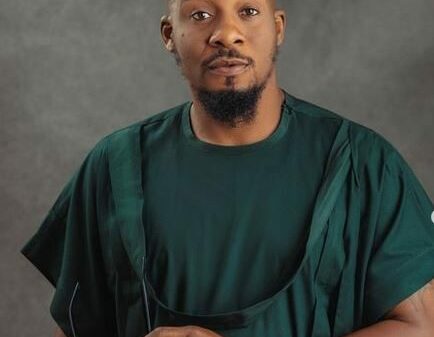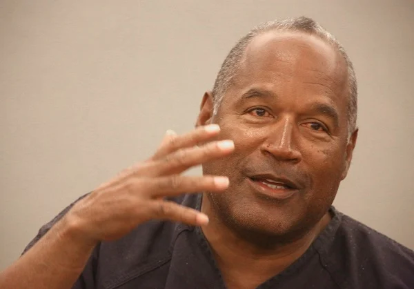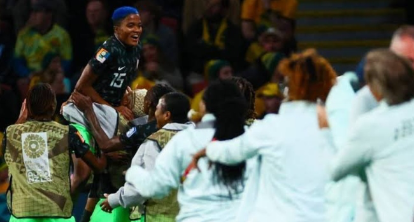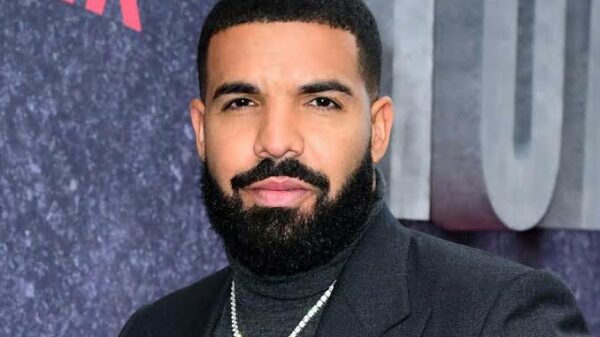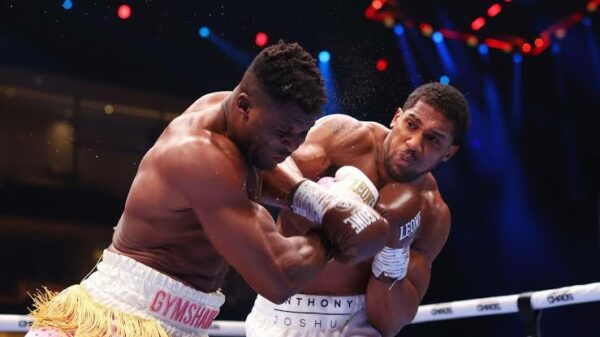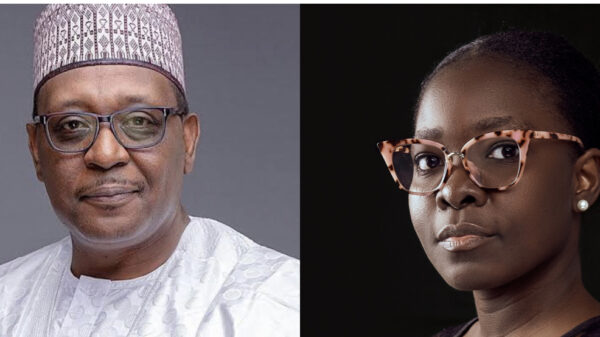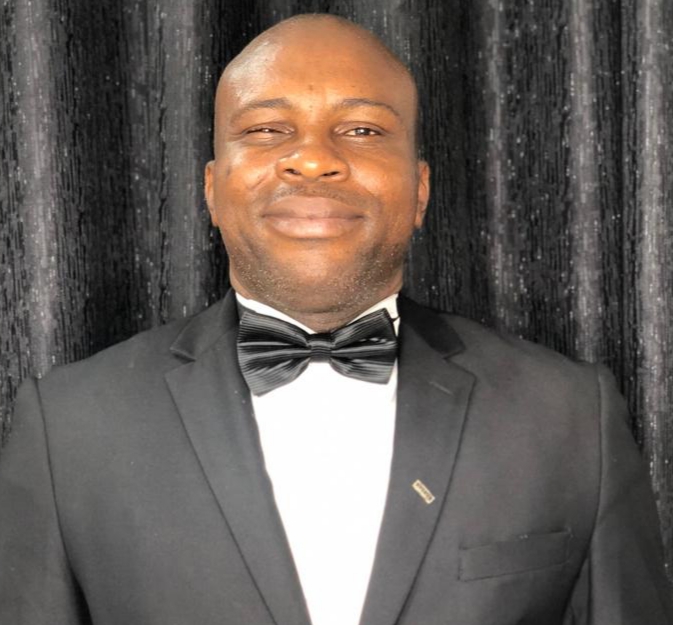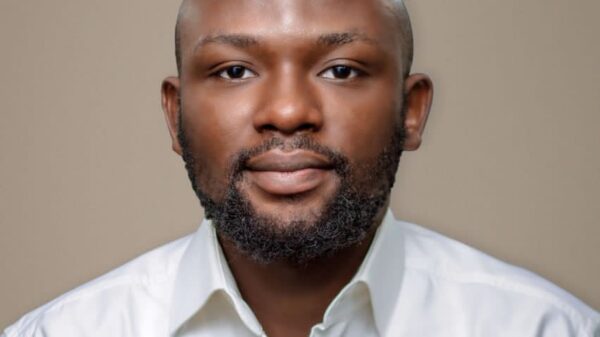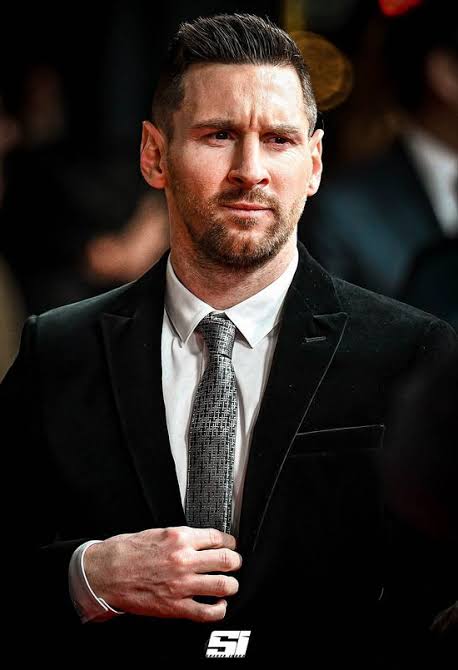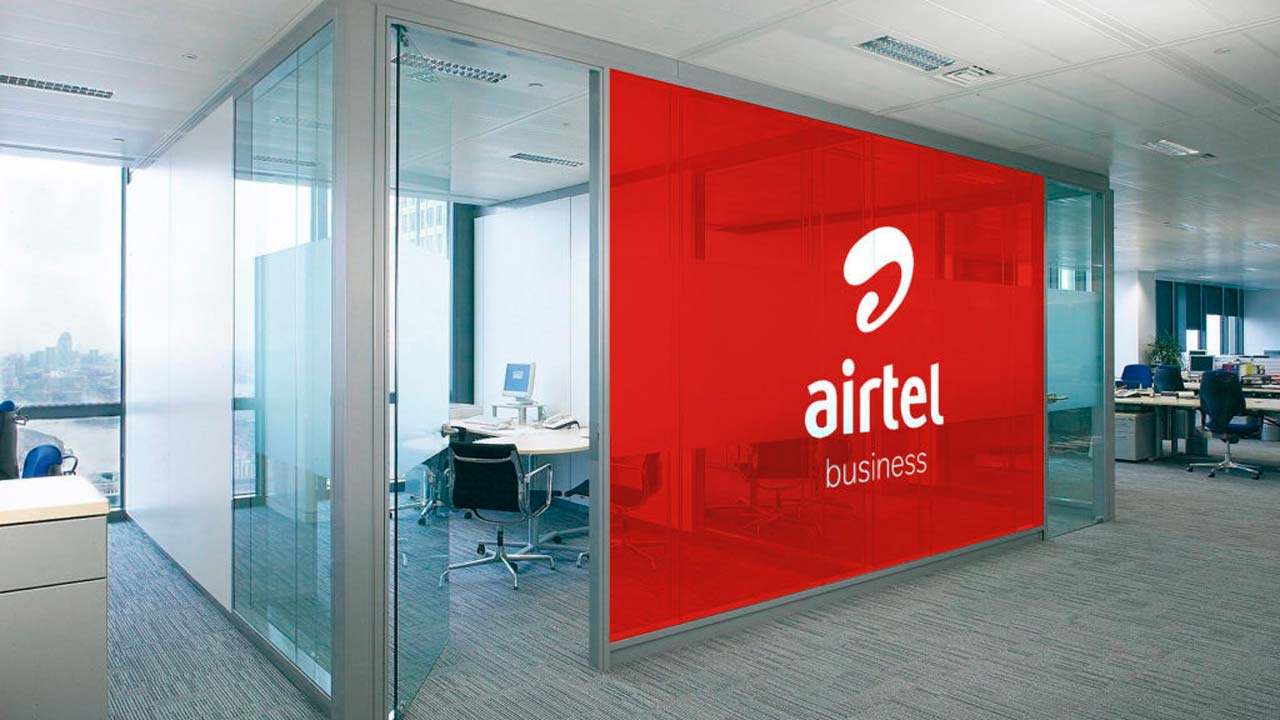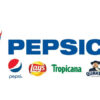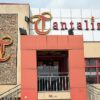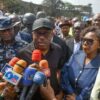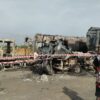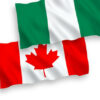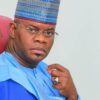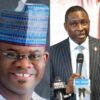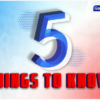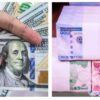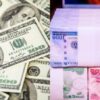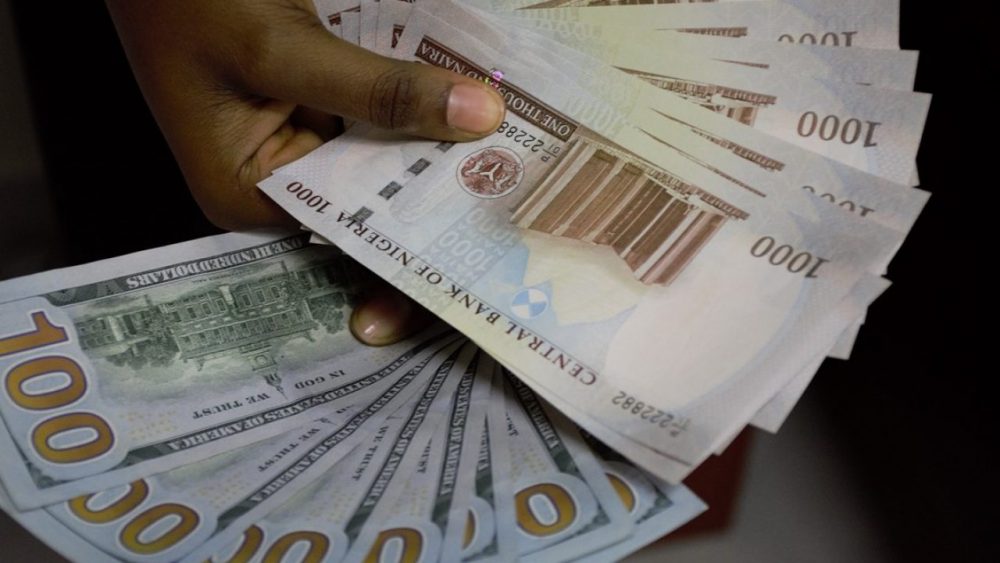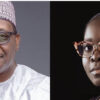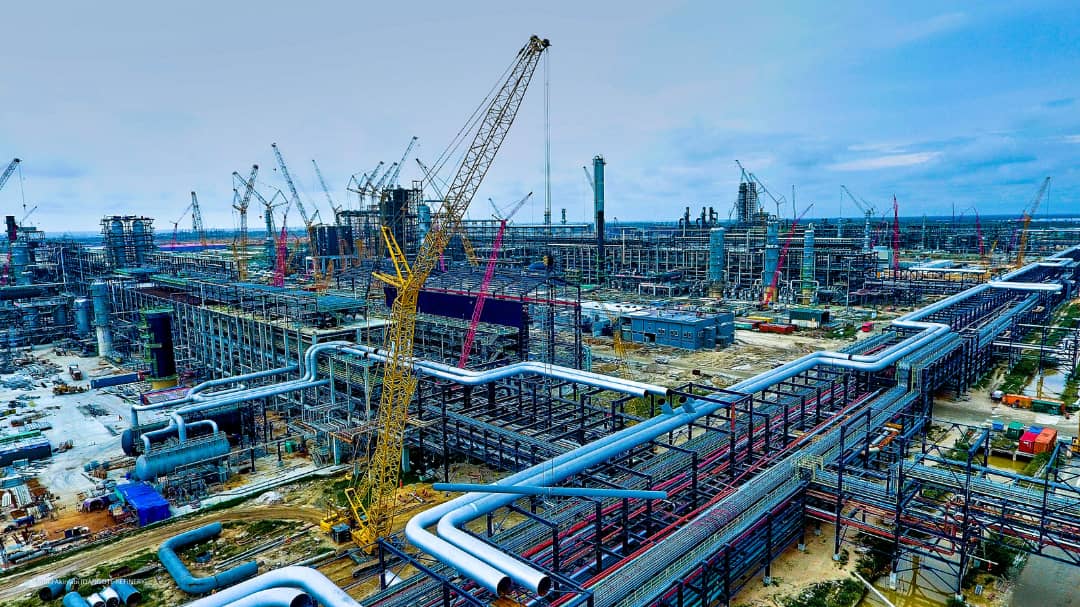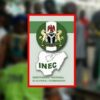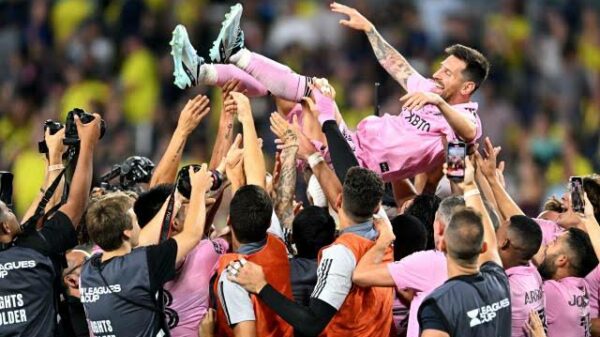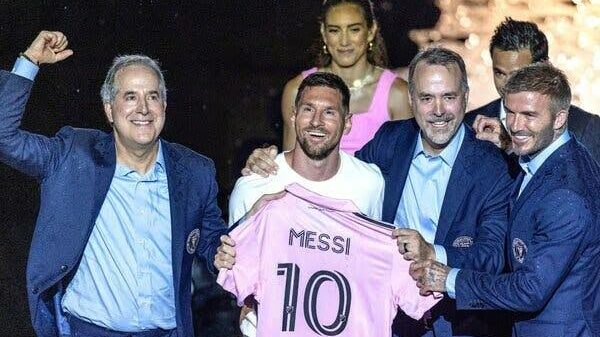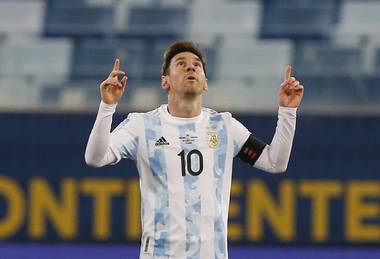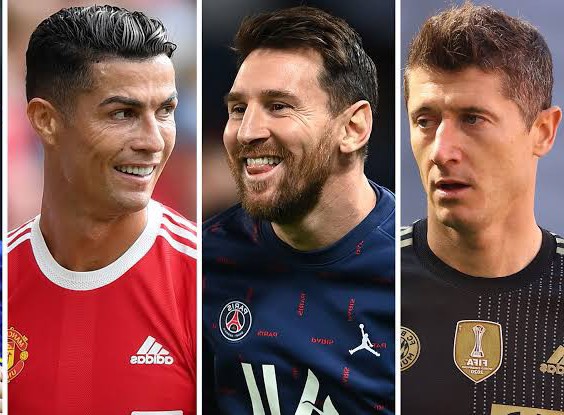Lionel Andrés Messi also known as Leo Messi, is an Argentine professional footballer who plays as a forward for Ligue 1 club Paris Saint-Germain and captains the Argentina National team. Messi is a record Seven Ballon d’Or winner and has a record of six European Golden Shoes.
Early Life
Messi was born on 24 June 1987 in Rosario, Santa Fe, the third of four children of Jorge Messi, a steel factory manager, and his wife Celia Cuccittini, who worked in a magnet manufacturing workshop. On his father’s side, he is of Italian and Spanish descent, the great-grandson of immigrants from the north-central Adriatic Marche region of Italy, and on his mother’s side, he has primarily Italian ancestry. Growing up in a tight-knit, football-loving family, “Leo” developed a passion for the sport from an early age, playing constantly with his older brothers, Rodrigo and Matías, and his cousins, Maximiliano and Emanuel Biancucchi, both of whom became professional footballers. At the age of four he joined local club Grandoli, where he was coached by his father, though his earliest influence as a player came from his maternal grandmother, Celia, who accompanied him to training and matches. He was greatly affected by her death, shortly before his eleventh birthday; since then, as a devout Roman Catholic, he has celebrated his goals by looking up and pointing to the sky in tribute to his grandmother.
A lifelong supporter of Newell’s Old Boys, Messi joined the Rosario club when he was six years old. During the six years he played for Newell’s, he scored almost 500 goals as a member of “The Machine of ’87”, the near-unbeatable youth side named for the year of their birth, and regularly entertained crowds by performing ball tricks during half-time of the first team’s home games. However, his future as a professional player was threatened when, aged 10, he was diagnosed with a growth hormone deficiency. As his father’s health insurance covered only two years of growth hormone treatment, which cost at least $1,000 per month, Newell’s agreed to contribute, but later reneged on their promise. He was scouted by Buenos Aires club River Plate, whose playmaker, Pablo Aimar, he idolised, but they declined to pay for his treatment. His goalscoring idol growing up was Ronaldo, with Messi calling him “the best forward I’ve ever seen”.
As the Messi family had relatives in Catalonia, they sought to arrange a trial with Barcelona in September 2000. First team director Charly Rexach immediately wanted to sign him, but the board of directors hesitated; at the time it was highly unusual for European clubs to sign foreign players of such a young age. On 14 December, an ultimatum was issued for Barcelona to prove their commitment, and Rexach, with no other paper at hand, offered a contract on a paper napkin. In February 2001, the family relocated to Barcelona, where they moved into an apartment near the club’s stadium, Camp Nou. During his first year in Spain, Messi rarely played with the Infantiles due to a transfer conflict with Newell’s; as a foreigner, he could only be fielded in friendlies and the Catalan league. Without football, he struggled to integrate into the team; already reserved by nature, he was so quiet that his teammates initially believed he was mute. At home, he suffered from homesickness after his mother moved back to Rosario with his brothers and little sister, María Sol, while he stayed in Barcelona with his father.
After a year at Barcelona’s youth academy, La Masia, Messi was finally enrolled in the Royal Spanish Football Federation (RFEF) in February 2002. Now playing in all competitions, he befriended his teammates, among whom were Cesc Fàbregas and Gerard Piqué. After completing his growth hormone treatment aged 14, Messi became an integral part of the “Baby Dream Team”, Barcelona’s greatest-ever youth side. During his first full season (2002–03), he was top scorer with 36 goals in 30 games for the Cadetes A, who won an unprecedented treble of the league and both the Spanish and Catalan cups. The Copa Catalunya final, a 4–1 victory over Espanyol, became known in club lore as the partido de la máscara, the final of the mask. A week after suffering a broken cheekbone during a league match, Messi was allowed to start the game on the condition that he wear a plastic protector; soon hindered by the mask, he took it off and scored two goals in 10 minutes before his substitution. At the close of the season, he received an offer to join Arsenal, his first from a foreign club, but while Fàbregas and Piqué soon left for England, he chose to remain in Barcelona.
Career
Messi relocated to Spain from Argentina aged 13 to join Barcelona, for whom he made his competitive debut aged 17 in October 2004. He established himself as an integral player for the club within the next three years, and in his first uninterrupted season in 2008–09 he helped Barcelona achieve the first treble in Spanish football; that year, aged 22, Messi won his first Ballon d’Or. Three successful seasons followed, with Messi winning four consecutive Ballons d’Or, making him the first player to win the award four times. During the 2011–12 season, he set the La Liga and European records for most goals scored in a single season, while establishing himself as Barcelona’s all-time top scorer. The following two seasons, Messi finished second for the Ballon d’Or behind Cristiano Ronaldo (his perceived career rival), before regaining his best form during the 2014–15 campaign, becoming the all-time top scorer in La Liga and leading Barcelona to a historic second treble, after which he was awarded a fifth Ballon d’Or in 2015. Messi assumed captaincy of Barcelona in 2018, and won a record sixth Ballon d’Or in 2019. Out of contract, he signed for Paris Saint-Germain in August 2021 after a very emotional exit from FCBarcelona.
Due to his short stature, Messi has a lower centre of gravity than taller players, which gives him greater agility, allowing him to change direction more quickly and evade opposing tackles; this has led the Spanish media to dub him La Pulga Atómica (“The Atomic Flea”).
Widely regarded as one of the greatest players of all time, Messi has won a record seven Ballon d’Or awards and a record six European Golden Shoes, and in 2020 he was named to the Ballon d’Or Dream Team. Until leaving the club in 2021, he had spent his entire professional career with Barcelona, where he won a club-record 34 trophies, including 10 La Liga titles, seven Copa del Rey titles and four UEFA Champions Leagues. With his country, he won the 2021 Copa América and the 2022 FIFA World Cup. A prolific goalscorer and creative playmaker, Messi holds the records for most goals in La Liga (474), most hat-tricks in La Liga (36) and the UEFA Champions League (eight), and most assists in La Liga (192) and the Copa América (17). He also has the most international goals by a South American male (102). Messi has scored over 800 senior career goals for club and country, and has the most goals by a player for a single club (672).
An Argentine international, Messi is the country’s all-time leading goalscorer and also holds the national record for appearances. At youth level, he won the 2005 FIFA World Youth Championship, finishing the tournament with both the Golden Ball and Golden Shoe, and an Olympic gold medal at the 2008 Summer Olympics. His style of play as a diminutive, left-footed dribbler drew comparisons with his compatriot Diego Maradona, who described Messi as his successor. After his senior debut in August 2005, Messi became the youngest Argentine to play and score in a FIFA World Cup (2006), and reached the final of the 2007 Copa América, where he was named young player of the tournament. As the squad’s captain from August 2011, he led Argentina to three consecutive finals: the 2014 FIFA World Cup, for which he won the Golden Ball, the 2015 Copa América, winning the Golden Ball, and the 2016 Copa América. After announcing his international retirement in 2016, he reversed his decision and led his country to qualification for the 2018 FIFA World Cup, a third-place finish at the 2019 Copa América, and victory in the 2021 Copa América, while winning the Golden Ball and Golden Boot for the latter. For this achievement, Messi received a record seventh Ballon d’Or in 2021. In 2022, he led Argentina to win the 2022 FIFA World Cup, where he won a record second Golden Ball, became the first player to score in every stage of a World Cup (including two in the final), and broke the record for most appearances in World Cup tournaments with 26 matches played.
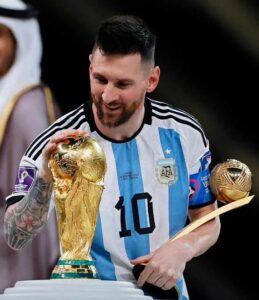
Messi has endorsed sportswear company Adidas since 2006. According to France Football, he was the world’s highest-paid footballer for five years out of six between 2009 and 2014, and was ranked the world’s highest-paid athlete by Forbes in 2019 and 2022. Messi was among Time’s 100 most influential people in the world in 2011 and 2012. In February 2020, he was awarded the Laureus World Sportsman of the Year, thus becoming the first footballer and the first team-sport athlete to win the award. Later that year, Messi became the second footballer and second team-sport athlete to surpass $1 billion in career earnings.
- Fun Fact: The Atomic Flea is just 5ft 7 inches tall (1.70m)
Personal Life
Since 2008, Messi has been in a relationship with Antonela Roccuzzo, a fellow native of Rosario. He has known Roccuzzo since he was five years old, as she is the cousin of his childhood best friend, Lucas Scaglia, who is also a football player. After keeping their relationship private for a year, Messi first confirmed their romance in an interview in January 2009, before going public a month later during a carnival in Sitges after the Barcelona–Espanyol derby.
Messi and Roccuzzo have three sons: Thiago (born 2012), Mateo (born 2015) and Ciro (born 2018). To celebrate his partner’s first pregnancy, Messi placed the ball under his shirt after scoring in Argentina’s 4–0 win against Ecuador on 2 June 2012, before confirming the pregnancy in an interview two weeks later. Thiago was born in Barcelona on 2 November 2012. In April 2015, Messi confirmed that they were expecting another child. On 30 June 2017, he married Roccuzzo at a luxury hotel named Hotel City Center in Rosario. In October 2017, his wife announced they were expecting their third child. Messi and his family are Catholic Christians.
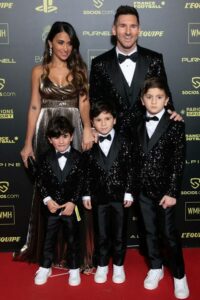
Messi enjoys a close relationship with his immediate family members, particularly his mother, Celia, whose face he has tattooed on his left shoulder. His professional affairs are largely run as a family business: his father, Jorge, has been his agent since he was 14, and his oldest brother, Rodrigo, handles his daily schedule and publicity. His mother and other brother, Matías, manage his charitable organization, the Leo Messi Foundation, and take care of personal and professional matters in Rosario.
Messi holds triple citizenship, as he is a citizen of Argentina, Italy, and Spain.
Throughout his career, Messi has been involved in charitable efforts aimed at vulnerable children, a commitment that stems in part from the medical difficulties he faced in his own childhood. Since 2004, he has contributed his time and finances to the United Nations Children’s Fund (UNICEF), an organisation with which Barcelona also have a strong association. Messi has served as a UNICEF goodwill ambassador since his appointment in March 2010, completing his first field mission for the organisation four months later as he traveled to Haiti to bring public awareness to the plight of the country’s children in the wake of the recent earthquake. He has since participated in UNICEF campaigns targeting HIV prevention, education, and the social inclusion of disabled children. To celebrate his son’s first birthday, in November 2013, Messi and Thiago were part of a publicity campaign to raise awareness of mortality rates among disadvantaged children.
In addition to his work with UNICEF, Messi founded his own charitable organisation, the Leo Messi Foundation, which supports access to health care, education, and sport for children. It was established in 2007 following a visit Messi paid to a hospital for terminally ill children in Boston, an experience that resonated with him to the point that he decided to reinvest part of his earnings into society. Through his foundation, Messi has awarded research grants, financed medical training, and invested in the development of medical centres and projects in Argentina, Spain, and elsewhere in the world. In addition to his own fundraising activities, such as his global “Messi and Friends” football matches, his foundation receives financial support from various companies to which he has assigned his name in endorsement agreements, with Adidas as their main sponsor.
Messi has also invested in youth football in Argentina: he financially supports Sarmiento, a football club based in the Rosario neighbourhood where he was born, committing in 2013 to the refurbishment of their facilities and the installation of all-weather pitches, and funds the management of several youth players at Newell’s Old Boys and rival club Rosario Central, as well as at River Plate and Boca Juniors in Buenos Aires. At Newell’s Old Boys, his boyhood club, he funded the 2012 construction of a new gymnasium and a dormitory inside the club’s stadium for their youth academy. His former youth coach at Newell’s, Ernesto Vecchio, is employed by the Leo Messi Foundation as a talent scout for young players. On 7 June 2016, Messi won a libel case against La Razón newspaper and was awarded €65,000 in damages, which he donated to the charity Médecins Sans Frontières. Messi made a donation worth €1 million ($1.1 million) to fight the spread of coronavirus. This was split between Clinic Barcelona hospital in Barcelona, Spain and his native Argentina. In addition to this, Messi along with his fellow FC Barcelona teammates announced he will be taking a 70% cut in salaries during the 2020 coronavirus emergency, and contribute further to the club to provide fully to salaries of all the clubs employees.
In November 2016, with the Argentine Football Association being run by a FIFA committee for emergency due to an economic crisis, it was reported that three of the national team’s security staff told Messi that they had not received their salaries for six months. He stepped in and paid the salaries of the three members. In February 2021, Messi donated to the Museu Nacional d’Art de Catalunya his Adidas shoes which he wore when he scored his 644th goal for Barcelona and broke Pelé’s record for most goals scored for a single club; the shoes were later auctioned off in April by the museum for charity to help children with cancer and were sold for £125,000.
In advance of the 2021 Copa América in Uruguay, Messi donated three signed shirts to the Chinese pharmaceutical firm Sinovac Biotech—whose directors spoke of their admiration for Messi—in order to secure 50,000 doses of Sinovac’s COVID-19 vaccine, CoronaVac, in the hope of vaccinating all of South America’s football players. A deal brokered by Uruguay’s president Luis Lacalle Pou, the plan to prioritise football players caused some controversy given widespread vaccine scarcity in the region, with the Mayor of Canelones Yamandú Orsi remarking that “Just as the president manifested cooperation with CONMEBOL to vaccinate for the Copa América, he could just as well have the same consideration for Canelones”.
Messi’s financial affairs came under investigation in 2013 for suspected tax evasion. Offshore companies in tax havens Uruguay and Belize were used to evade €4.1 million in taxes related to sponsorship earnings between 2007 and 2009. An unrelated shell company in Panama set up in 2012 was subsequently identified as belonging to the Messis in the Panama Papers data leak. Messi, who pleaded ignorance of the alleged scheme, voluntarily paid arrears of €5.1 million in August 2013. On 6 July 2016, Messi and his father were both found guilty of tax fraud and were handed suspended 21-month prison sentences and respectively ordered to pay €1.7 million and €1.4 million in fines. Facing the judge, he said, “I just played football. I signed the contracts because I trusted my dad and the lawyers and we had decided that they would take charge of those things.”
Personal Life
Lionel Messi is an Argentinian-born professional athlete who is often regarded as the best soccer player in the world. Lionel Messi’s net worth is $600 million.
The 35 year-old Paris Saint-Germain (PSG) superstar is one of the highest-paid players in the world, as he reportedly takes home a $41 million annual net salary, including add-ons. His weekly salary stands at over $788,000.
Messi, 35, joined PSG in the summer of 2021 after running down his contract with Barcelona. According to Sporting News, the Argentina icon signed a $41 million-per-season contract with the Parisians, agreeing to remain at the club till June 2023.
The Athletic says that Messi received a whopping $30-million signing bonus, while Forbes adds that PSG also given him a cut of his image rights and merchandise. Combining his wages and massive image rights incentives, Messi takes home nearly $75 million per year, which is around $1.44 million per week.
According to Spanish daily El Mundo, Messi earned even more astronomical wages at Barcelona. The outlet sensationally claimed that the Argentinian signed a $650 million, four-year contract in 2017. Messi reportedly received a base pay of $161 million per season, a one-time $135 million signing bonus and a $91 million-plus loyalty bonus. Due to insufficient room in their wage cap, the Blaugrana failed to renew Messi’s contract in 2021.

